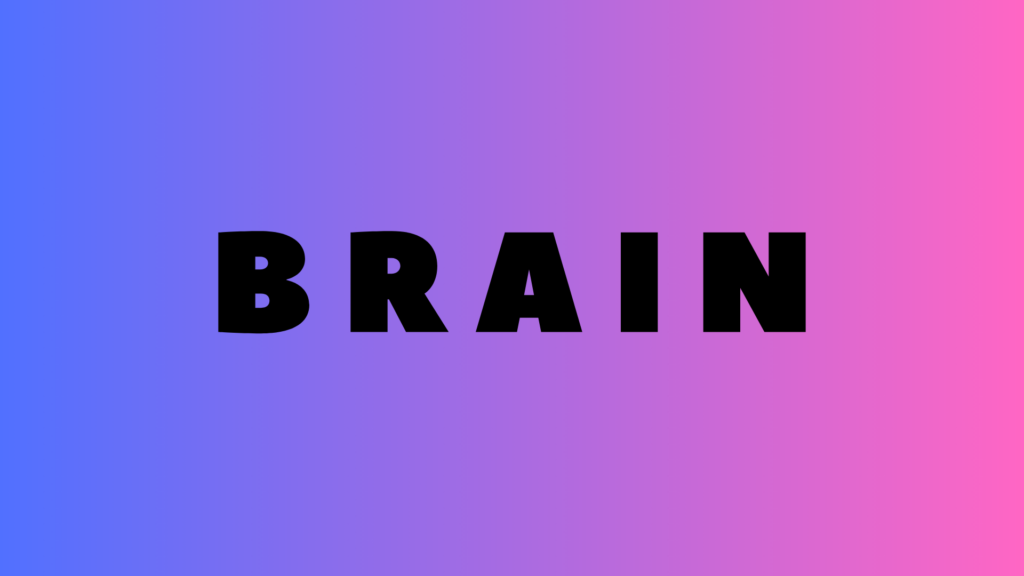
Critical thinking is an essential skill that enables individuals to analyze, evaluate, and synthesize information effectively. It involves questioning assumptions, recognizing biases, and making well-informed decisions. Whether in academic, professional, or personal contexts, developing critical thinking skills can lead to better outcomes and more successful problem-solving. Here are several strategies to help you enhance your critical thinking abilities.
1. Question Assumptions
One of the first steps in developing critical thinking skills is to question assumptions. Often, we accept information at face value without considering whether it is accurate or valid. To counter this, ask yourself why you believe something is true and what evidence supports it. For instance, if you assume that a particular diet is healthy, investigate the scientific basis for this claim rather than relying on popular opinion.
2. Engage in Active Learning
Active learning involves engaging with material in a way that promotes deeper understanding. Instead of passively reading or listening, take notes, summarize key points, and ask questions. Participate in discussions and debates to test your understanding and hear different perspectives. This process helps you internalize information and evaluate its validity critically.
3. Analyze Information Sources
In the digital age, information is readily available, but not all sources are reliable. Develop the habit of critically evaluating the credibility of information sources. Consider the author’s qualifications, the publication’s reputation, and the evidence presented. Be wary of sources that present information without supporting data or that exhibit clear biases.
4. Practice Reflective Thinking
Reflective thinking involves examining your thought processes and the reasons behind your conclusions. Take time to reflect on how you arrive at decisions and what factors influence your thinking. This self-awareness can help you identify any cognitive biases or logical fallacies that may affect your judgments. Reflective thinking encourages you to consider alternative viewpoints and improve your reasoning skills.
5. Cultivate Curiosity
Curiosity drives the desire to learn and understand more deeply. Cultivate a curious mindset by asking questions about the world around you. Why do things work the way they do? What are the underlying principles behind a particular phenomenon? This inquisitiveness can lead to a more thorough exploration of subjects and a better grasp of complex concepts.
6. Develop Problem-Solving Skills
Critical thinking is closely linked to effective problem-solving. Approach problems systematically by defining the issue, gathering relevant information, generating possible solutions, and evaluating their feasibility. Practice breaking down complex problems into smaller, manageable parts and consider multiple perspectives before reaching a conclusion.
7. Seek Out Diverse Perspectives
Exposure to different viewpoints can significantly enhance your critical thinking skills. Engage with people who have different backgrounds, experiences, and opinions. Read widely from various sources, including those that challenge your beliefs. This diversity of thought can help you understand issues more comprehensively and avoid the pitfalls of echo chambers.
8. Embrace Intellectual Humility
Intellectual humility involves recognizing the limits of your knowledge and being open to new information and ideas. Accept that you may not have all the answers and be willing to admit when you are wrong. This openness to learning and growth is a crucial aspect of critical thinking, as it allows you to adjust your views based on new evidence.
9. Apply the Socratic Method
The Socratic method, named after the ancient Greek philosopher Socrates, involves asking a series of questions to stimulate critical thinking and illuminate ideas. Use this method in discussions to explore the underlying assumptions and implications of various viewpoints. By continually questioning and probing, you can uncover deeper insights and foster a more critical approach to thinking.
10. Practice Regularly
Like any skill, critical thinking requires regular practice. Engage in activities that challenge your thinking, such as puzzles, games, or writing essays on complex topics. Set aside time each day to reflect on what you have learned and how you have applied critical thinking in your decisions. The more you practice, the more adept you will become at thinking critically.
Conclusion
Developing critical thinking skills is a lifelong process that can significantly enhance your ability to navigate the complexities of modern life. By questioning assumptions, engaging in active learning, analyzing information sources, practicing reflective thinking, cultivating curiosity, developing problem-solving skills, seeking diverse perspectives, embracing intellectual humility, applying the Socratic method, and practicing regularly, you can sharpen your mind and make more informed decisions. Embrace the journey of becoming a better critical thinker and unlock your full intellectual potential.